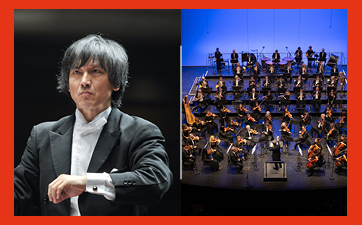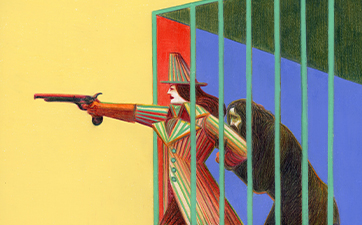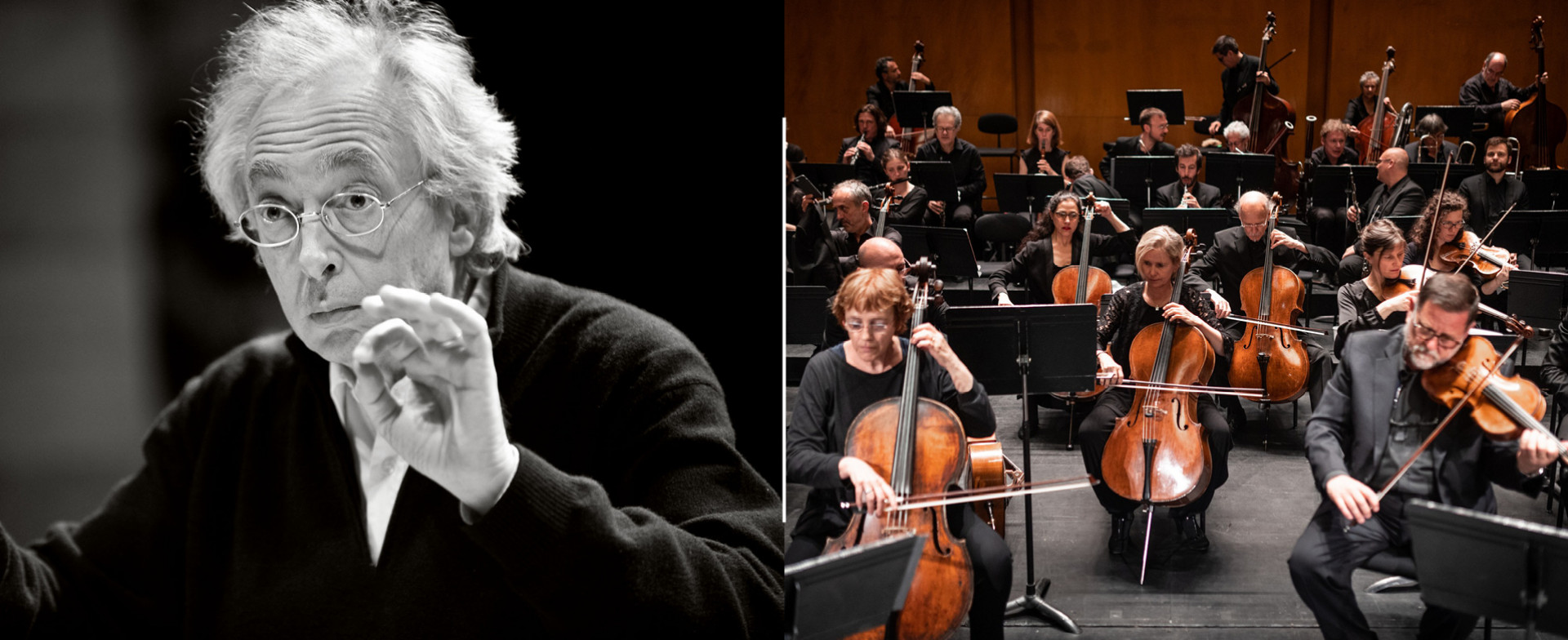Orchestre des Champs-Élysées
Swathed in the legend of the mysterious "grey stranger" who knocked on Mozart’s door, this mass for the dead is by far the most famous in the history of music. But it is also a timeless masterpiece, in which Mozart’s dramatic genius is put to the service of the highest spirituality.
Composed in 1791 and unfinished, Mozart’s Requiem is one of those scores that has acquired legendary status. Its testamentary quality and the mysterious circumstances of its composition have made it the object of endless speculation and variations, shrouding the work in tragic darkness. Constructed stone by stone in theatre, literature and cinema, the legend of the Requiem has forged the image of a Mozart working tirelessly, until his last breath, on a work he believed to be a call from the supernatural and a testimony to the vibrant intensity of his faith. Thousands of pages of commentary have yet to exhaust the richness of a score written in the reputedly tragic key of D minor. A hymn reprised from Handel infuses the overture and irrigates the sumptuous Kyrie, soon turning to fugue; the Dies Irae resonates with choral power supported by dramatic orchestral tremolos; the Confutatis astonishes with its harmonic audacity; the Lacrimosa, a sorrowful lullaby, evokes in unequalled manner the flow of tears ... At times grave and archaistic, at times meshed with operatic echoes of Zoroaster or the Queen of the Night, the Requiem remains an incredible score, and one of the great milestones of music history.
Musical director Philippe Herreweghe
Orchestre des Champs-Élysées
Collegium Vocale Gent
Soprano Mari Eriksmoen
Mezzo-soprano Eva Zaïcik
Tenor Ilker Arcayürek
Basse Samuel Hasselhorn
Photo © D. R., Michiel Hendryckx
Wolfgang Amadeus Mozart
Symphony n° 35 in D major, KV 385, "Haffner"
Requiem in D minor KV 626
Vous aimerez aussi

Lyon Opera Orchestra
Ravel – Chausson – Prokofiev

Fidelio
Beethoven

Sabine Devieilhe & Mathieu Pordoy
Berg – Mozart – Wolf – Strauss

